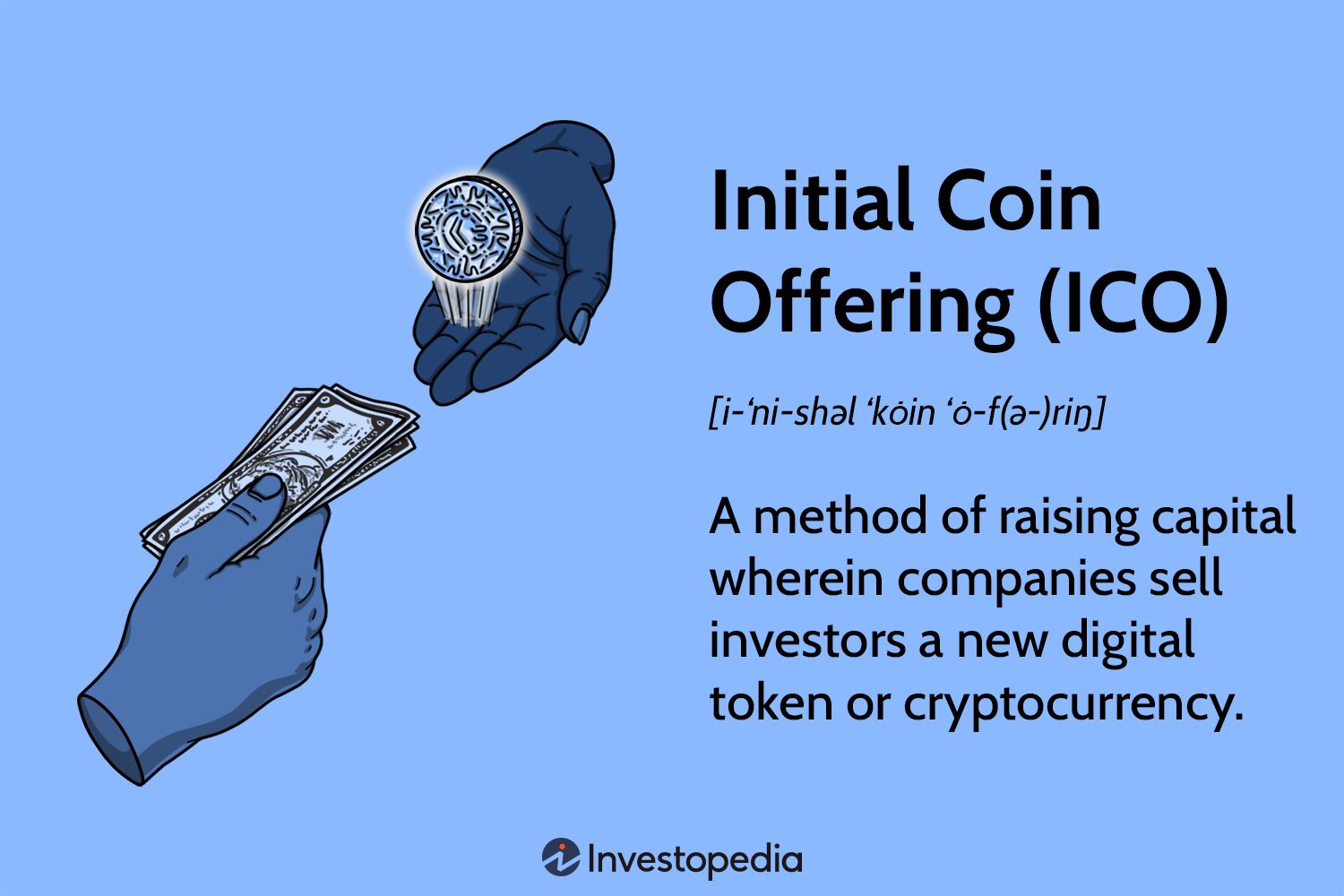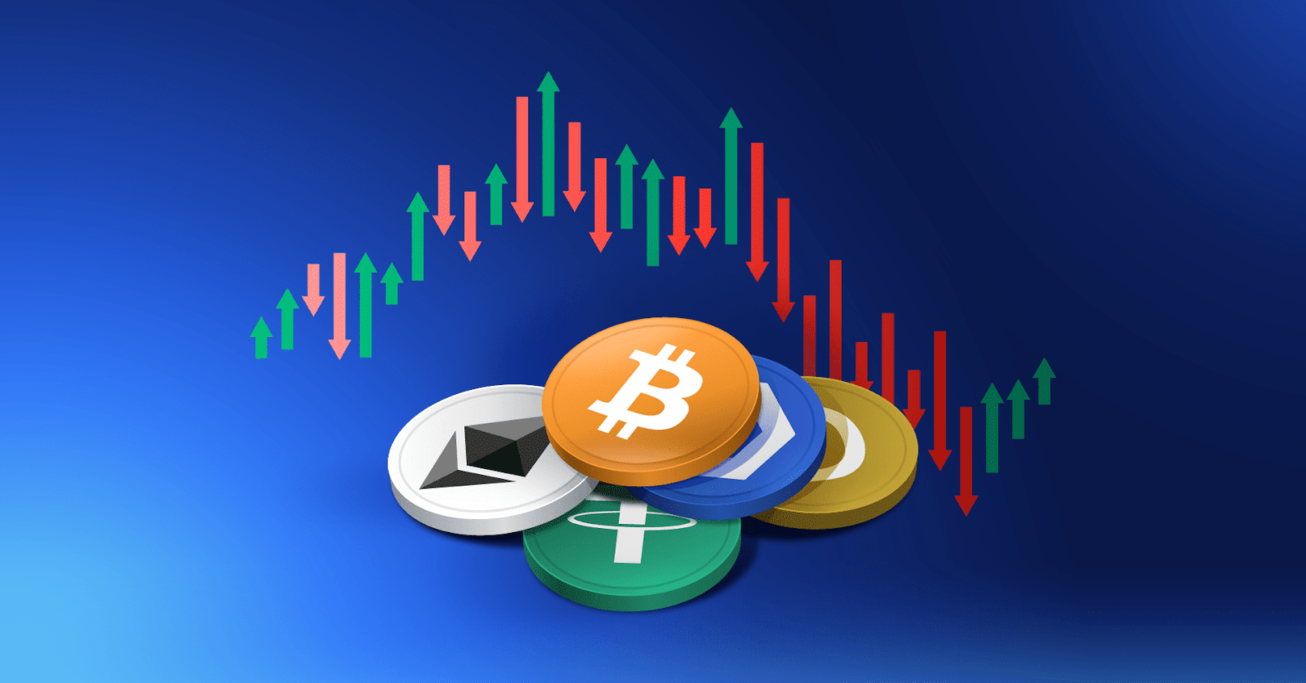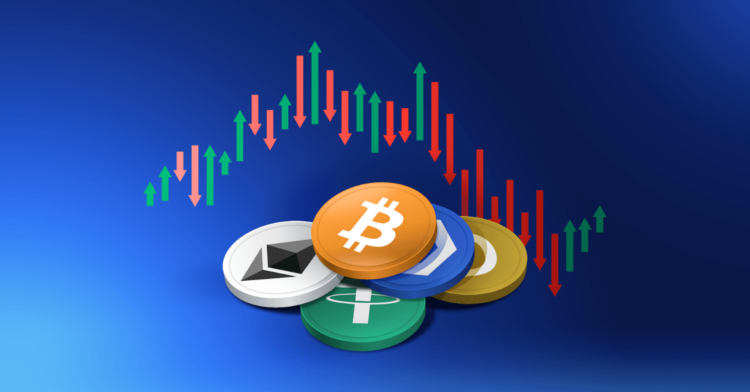Investing in altcoin has become an enticing opportunity for many due to its potential for high returns. However, navigating this volatile market requires a comprehensive understanding of altcoins and their unique market dynamics. Success hinges on evaluating investments wisely and implementing effective risk management strategies. Furthermore, staying updated with market trends and news is crucial for making informed decisions. By mastering these aspects, you can enhance your chances of success in the crypto coin world.
Understanding Altcoins and Their Market Potential
Investing in altcoin can be a lucrative venture, but understanding what altcoins represent and their market potential is crucial.
What Are Altcoins?
Altcoins, or "alternative coins," refer to any cryptocurrency that is not Bitcoin. While Bitcoin remains the most recognized cryptocurrency, altcoins offer diverse functionalities and innovations in the crypto space.
Types of Altcoins:
- Stablecoins: Pegged to fiat currencies to reduce volatility.
- Utility Tokens: Serve as access to services or products within blockchain ecosystems.
- Security Tokens: Represent ownership in an asset, real estate, or business.
Market Potential:
Assessing the market potential of altcoins involves several factors:
- Technology: Altcoins that introduce unique technology or solve existing blockchain problems often have higher potential.
- Adoption Rate: High user and developer adoption can signal future growth.
- Market Cap and Volume: Large market cap and high trading volume indicate a robust and liquid market.
Comparison of Key Metrics:
| Altcoin | Market Cap | Technology Innovation | Adoption Rate |
|---|---|---|---|
| Ethereum | High | Smart Contracts | High |
| Cardano | Medium | Proof of Stake Consensus | Growing |
| Ripple | High | Fast International Payments | Medium |
In summary, investing in altcoin requires a comprehensive understanding of their types and potential market growth. This knowledge can help make informed investment decisions in the volatile crypto market.

Best Practices for Evaluating Altcoin Investments
When it comes to investing in altcoin, meticulous evaluation is paramount. Here are key best practices to ensure you make informed decisions:
Research the Altcoin’s Whitepaper: Read the whitepaper thoroughly to understand the altcoin’s purpose, technology, and vision. Look for clarity and feasibility in their plans.
Analyze the Team Behind the Altcoin: Evaluate the experience and credibility of the development team. A strong team often translates to successful project implementation.
Assess Market Capitalization and Volume: Compare the altcoin’s market cap to its daily trading volume. High volumes with stable market caps often indicate reliability and investor confidence.
Check for Community Support: A vibrant and active community signals strong backing and potential for collaboration and growth. Gauge community engagement through forums and social media.
| Criteria | What to Look For |
|---|---|
| Whitepaper | Clear objectives and feasible plans |
| Development Team | Experienced and credible professionals |
| Market Capitalization | Stable and high trading volume |
| Community Support | Active and engaged community |
Evaluate Technological Innovation: Investigate the altcoin’s technology. Innovations should address existing problems in unique ways and offer competitive advantages.
Regulatory Compliance: Confirm that the altcoin adheres to local and international regulations. Regulatory compliance helps mitigate legal risks.
By following these best practices, you can significantly enhance your success rate when investing in altcoin.
Risk Management Strategies in Altcoin Investing
Investing in Altcoin can be highly profitable but also comes with notable risks. Therefore, implementing robust risk management strategies is crucial. Here are some effective strategies to consider:
- Diversification: Spread your investments across multiple altcoins rather than concentrating on just one. This way, the risk of incurring significant losses reduces.
- Setting Stop-Loss Orders: Implementing stop-loss orders can help minimize losses by automatically selling a security when it reaches a particular price threshold. This strategy protects your investment from drastic market declines.
- Continuous Monitoring: Regularly monitor market trends and news related to the altcoins in your portfolio. Staying informed allows you to make timely decisions, avoiding potential pitfalls.
- Position Sizing: Define the maximum amount of your investment you are willing to risk in a single trade. Adjust your position size accordingly to avoid substantial losses.
- Avoid Emotional Trading: Make investment decisions based on logical analysis rather than emotions. Fear and greed can lead to impulsive decisions, increasing risk exposure.
| Strategy | Description |
|---|---|
| Diversification | Spread investments across multiple altcoins |
| Stop-Loss Orders | Protects investments by selling securities at predetermined price points |
| Continuous Monitoring | Regularly track market trends and news in the cryptocurrency world |
| Position Sizing | Limit the maximum investment in a single trade |
| Avoid Emotional Trading | Make logical, informed decisions rather than emotional ones |
In summary, effective risk management can greatly enhance your chance of success when investing in altcoin. By integrating these strategies, you can mitigate risks and maximize potential returns in the volatile cryptocurrency market.
Staying Informed with Market Trends and News
Staying informed with market trends and news is crucial for success when investing in altcoin. The cryptocurrency market is highly volatile and prone to rapid changes, which can significantly impact your investments. Here are some strategies to keep you up-to-date:
Subscribe to Reliable News Sources
- Choose credible crypto news websites.
- Follow industry-leading publications.
Join Online Communities
- Engage with forums and social media groups dedicated to altcoin discussions.
- Participate in webinars and virtual meetups to hear insights from experts.
Use Market Analysis Tools
- Utilize apps that provide real-time market data and alerts.
- Leverage analytics platforms to track performance metrics.
Monitor Regulatory Developments
- Keep an eye on announcements and policies from financial regulatory bodies.
- Understand how regulations could affect the altcoin market.
By utilizing these methods, you can gain an edge in your investing in altcoin strategy. Staying informed helps you make timely decisions, ultimately enhancing your potential for success in the ever-evolving crypto coin world.

Frequently Asked Questions
What are Altcoins and why should I consider investing in them?
Altcoins are any cryptocurrencies apart from Bitcoin. They were launched as alternatives to Bitcoin and offer various features, improvements, and use cases. Investors consider altcoins for their potential high returns, diversification within the cryptocurrency market, and unique technological solutions they might offer, such as smart contracts, privacy enhancements, or improved transaction speeds.
How do I select the right Altcoin to invest in?
Selecting the right altcoin requires thorough research and due diligence. Key factors include the project’s team, technological innovation, community support, market capitalization, historical performance, and future potential. Evaluating the altcoin’s whitepaper, roadmap, and partnerships can provide further insight into the project’s credibility and long-term viability.
What are the risks associated with investing in Altcoins?
Investing in altcoins carries several risks, including high volatility, regulatory changes, security breaches, and potential loss of investment. Due to the lack of historical data compared to more traditional assets, predicting future performance can be challenging. Additionally, the cryptocurrency market is prone to speculation and manipulation, which can adversely affect altcoin prices.
How can I securely store my Altcoins?
Altcoins can be securely stored in various types of digital wallets, including hardware wallets, software wallets, and paper wallets. Hardware wallets, like Ledger or Trezor, provide the highest level of security by keeping private keys offline. Software wallets, which can be desktop or mobile-based, offer convenience and ease of use. Paper wallets involve generating and printing private keys and public addresses on paper, ensuring they are kept offline. It’s essential to back up your wallets and use strong, unique passwords and two-factor authentication to enhance security.











